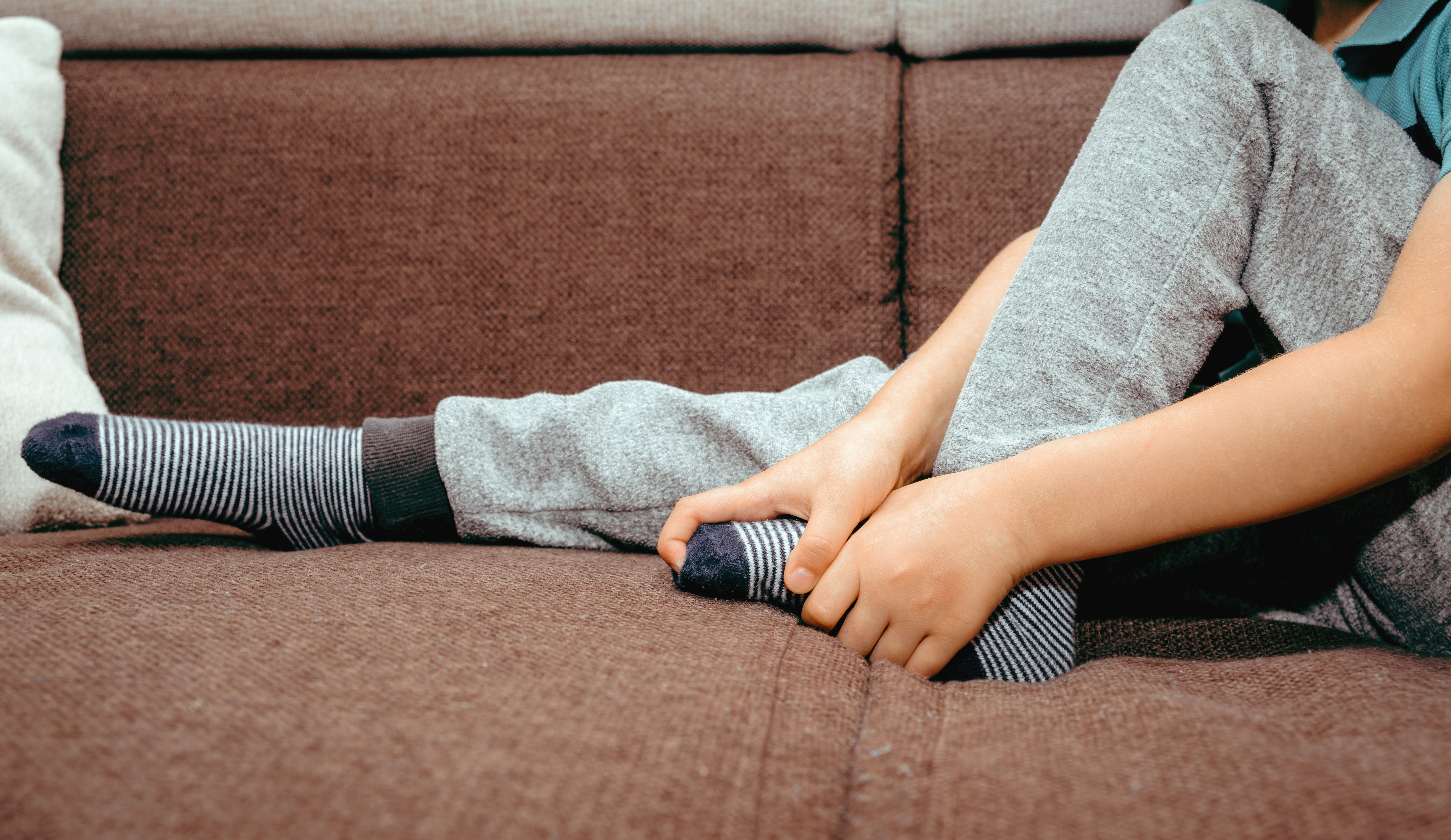Abatacept Monotherapy Effective in JIA
ACR Annual Meeting: Monotherapy with abatacept was safe and effective in patients with polyarticular juvenile idiopathic arthritis who couldn’t tolerate or didn’t respond to methotrexate, researchers reported November 11 at the annual meeting of the American College of Rheumatology in Atlanta.
(©Sebastian, AdobeStock.com)

Monotherapy with intravenous or subcutaneous abatacept was safe and effective in patients with polyarticular juvenile idiopathic arthritis (JIA) who couldn’t tolerate or didn’t respond to methotrexate, researchers reported November 11 at the annual meeting of the American College of Rheumatology in Atlanta.
Methotrexate is the recommended first-line DMARD for children with polyarticular JIA, which is the most common subtype of JIA defined as having five or more affected joints within six months of JIA onset. When disease activity is moderate to high after three months, a biologic, such as a TNF inhibitor, is added to the treatment regimen. Less commonly, an anti-IL 6 agent or abatacept (which inhibits T cells) is added.
Investigators, led by Nicolino Ruperto, M.D., MPH, used combined data from children without concurrent methotrexate use or in those with prior biologic use treated in two multinational phase three trials of intravenous or subcutaneous abatacept. The trials, which also included groups treated with abatacept plus methotrexate, were done at Paediatric Rheumatology International Trials Organisation (PRINTO) and Pediatric Rheumatology Collaborative Study Group (PRCGS) member centers. Ruperto, who is a PRINTO trial senior scientist, presented the findings.
Children in the intravenous abatacept study (aged 6-17 years) who previously had an inadequate response or intolerance to a DMARD received open-label intravenous abatacept for four months at a dosage of 10 mg/kg of body weight.
For the subcutaneous study, which looked at abatacept safety and efficacy in children as young as two years, investigators stratified patients with a prior DMARD failure or intolerance by age (2-5 and 6-17 years) to four months of weekly weight-based subcutaneous abatacept (10 to <25 kg [50 mg], 25 to <50 kg [87.5 mg], ≥50 kg [125 mg]).
Investigators found no additional benefit at month four in drug response with abatacept plus methotrexate versus abatacept monotherapy.
Efficacy at month four was similar between those treated with abatacept plus methotrexate and those receiving abatacept monotherapy who failed or couldn’t tolerate methotrexate. Adverse events rates were similar between combination treatment and monotherapy groups and between patients previously treated with biologics and biologic-naïve patients.
Biologic-naïve patients in both trials improved more than those previously treated with the agents, and the effect was independent of concurrent methotrexate use. No patients receiving abatacept monotherapy in the subcutaneous study and only a few in the intravenous study developed antibodies to the biologic.
More treatment options for polyarticular JIA are needed for children who can’t tolerate or who don’t respond to methotrexate or TNF agents. Dr. Ruperto and colleagues suggest that rheumatologists consider abatacept monotherapy in patients with prior biologic use if methotrexate treatment is inappropriate. Currently, according to the "2019 American College of Rheumatology/Arthritis Foundation Guideline for the Treatment of Juvenile Idiopathic Arthritis: Therapeutic Approaches for Non-Systemic Polyarthritis, Sacroiliitis, and Enthesitis," treatment with a biologic (etanercept, adalimumab, golimumab, abatacept, or tocilizumab) in combination with a DMARD, such as methotrexate, is conditionally recommended over biologic monotherapy.
DISCLOSURES
Dr. Ruperto reported disclosures related to AbbVie, Abbvie, Ablynx, Astrazeneca-Medimmune, Biogen, Boehringer, Bristol Myers and Squibb, Eli-Lilly, EMD Serono, Glaxo Smith and Kline, F Hoffmann-La Roche, Janssen, Novartis, Pfizer, Sobi, Boehringer Ingelheim, EMD Serono, Hoffmann-La Roche, Merck, R-Pharma, Sano Servier, Sinergie, Sobi and Takeda, and Takeda.
REFERENCE“1815 - Subcutaneous or Intravenous Abatacept Monotherapy in Pediatric Patients with Polyarticular-Course JIA: Results from Two Phase III Trials,” Nicolino Ruperto, MD, MPH, 2:30 p.m., Monday, Nov 11. American College of Rheumatology 2019 annual meeting, Atlanta.